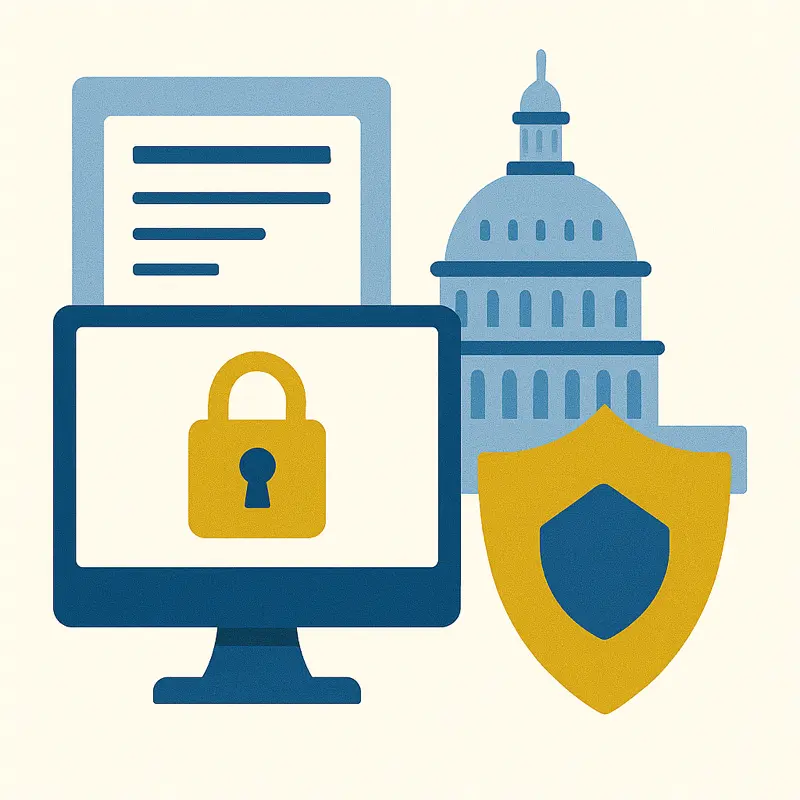As digital commerce and data collection expand, state governments are increasingly passing their own privacy laws, creating a patchwork of requirements for businesses nationwide.
State-Level Laws
California, Colorado, Connecticut, Virginia, and Utah have already enacted comprehensive data privacy legislation. More states are expected to follow in 2025, with proposals under discussion in New York, Florida, and Illinois.
Key Requirements
Most state laws require businesses to:
- Provide clear disclosures about data collection.
- Allow consumers to access, correct, or delete their data.
- Provide opt-out options for the sale or sharing of personal information.
Challenges for Businesses
Operating across multiple states means complying with varying laws, each with different definitions and requirements. For smaller firms, this can be a major compliance challenge, especially without a dedicated legal team.
Federal Possibilities
Congress has considered national privacy legislation to create uniform standards, but so far efforts have stalled. Until then, businesses must prepare for a growing patchwork of state-by-state rules.
Consumer Impact
For consumers, these laws provide greater control and transparency. For businesses, they require a shift toward stronger data governance, potentially raising costs but also boosting consumer trust.


